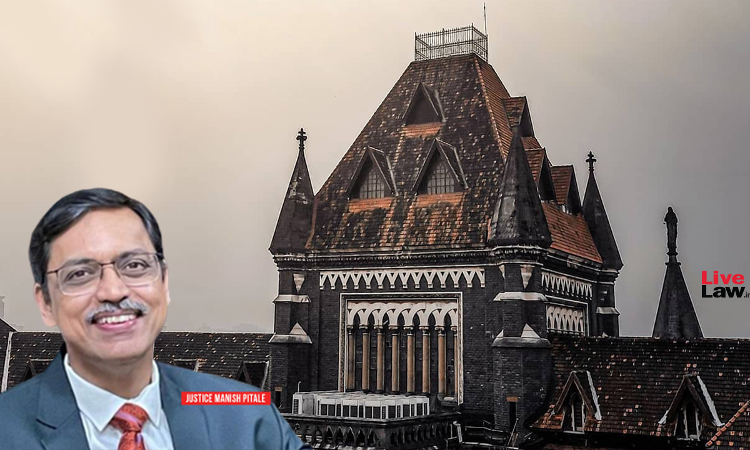The Bombay High Court has ruled that while deciding the petition under Section 34 of the Arbitration and Conciliation Act, 1996 (A&C Act), the Court is not precluded from considering the findings and conclusions contained in the dissenting opinion of a minority member of the Arbitral Tribunal. The bench of Justice Manish Pitale observed that the majority opinion in the arbitral...

